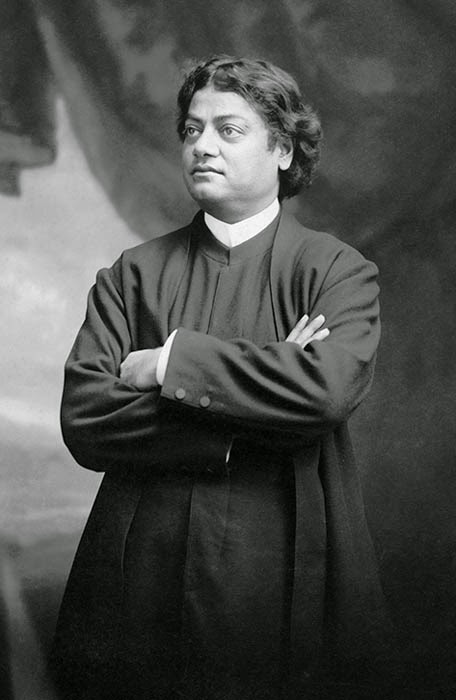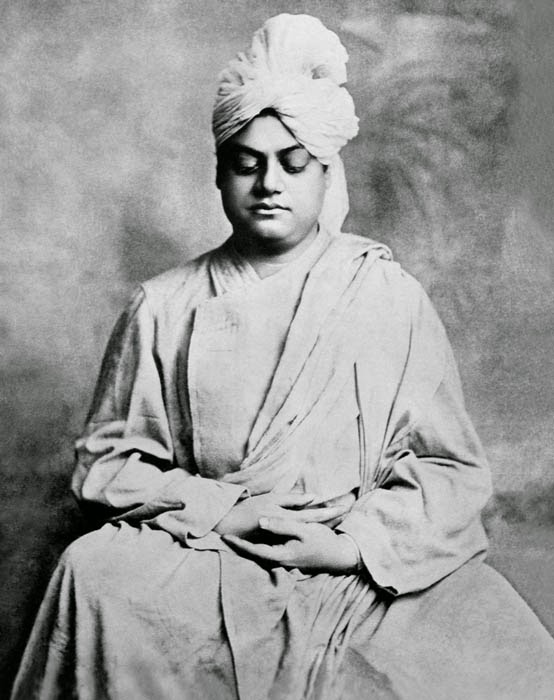STEPS OF HINDU PHILOSOPHIC THOUGHT : 5.

So far we see that man is a being, who has first a gross body which dissolves very quickly, then a fine body which remains through aeons, and then a Jiva. This Jiva, according to the Vedanta philosophy, is eternal, just as God is eternal. Nature is also eternal, but changefully eternal. The material of nature — Prana and Akasha — is eternal, but it is changing into different forms eternally. But the Jiva is not manufactured either of Akasha or Prana; it is immaterial and, therefore, will remain for ever. It is not the result of any combination of Prana and Akasha, and whatever is not the result of combination, will never be destroyed, because destruction is going back to causes. The gross body is a compound of Akasha and Prana and, therefore, will be decomposed. The fine body will also be decomposed, after a long time, but the Jiva is simple, and will never be destroyed. It was never born for the same reason. Nothing simple can be born. The same argument applies. That...












